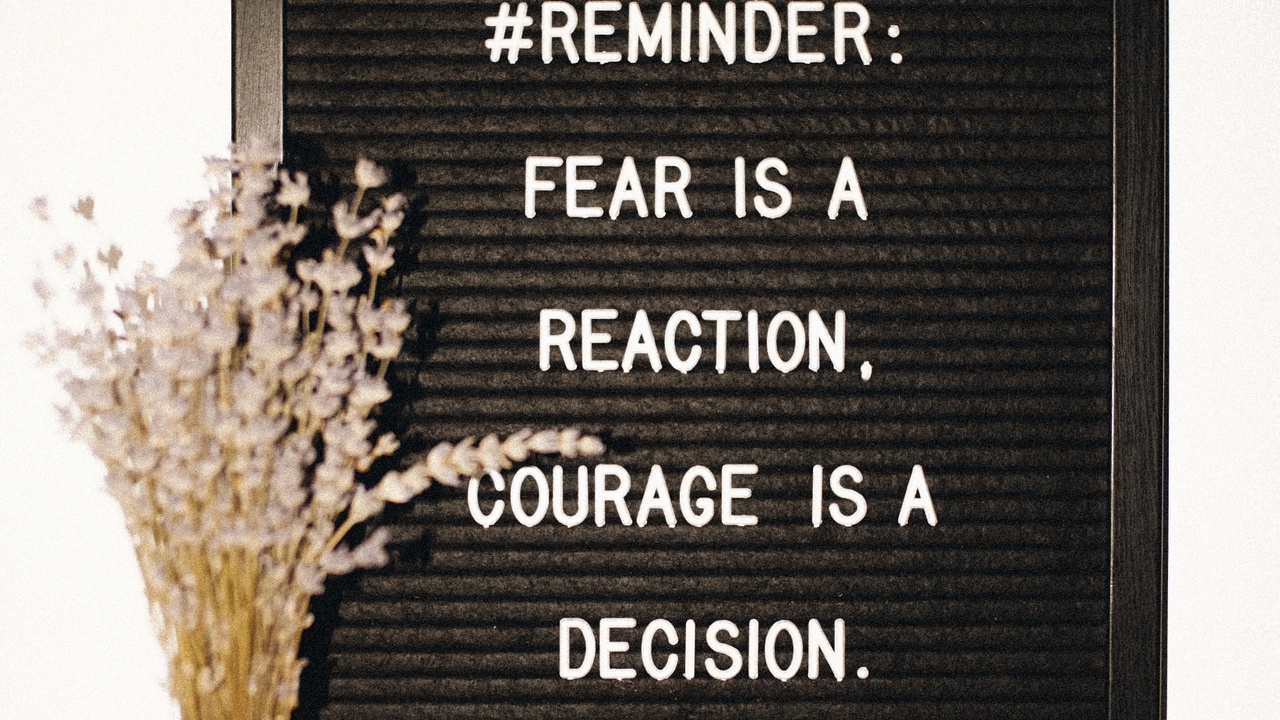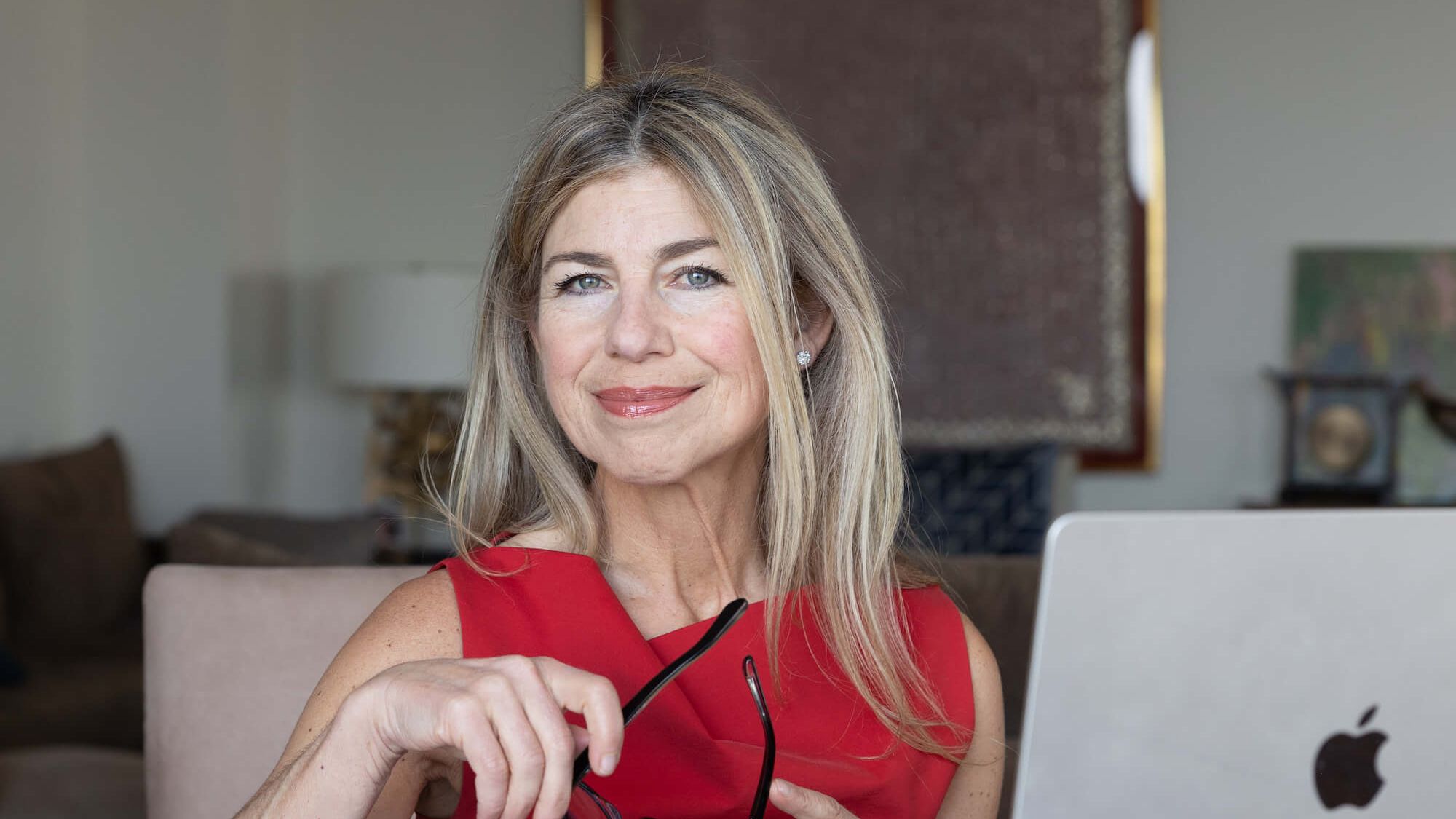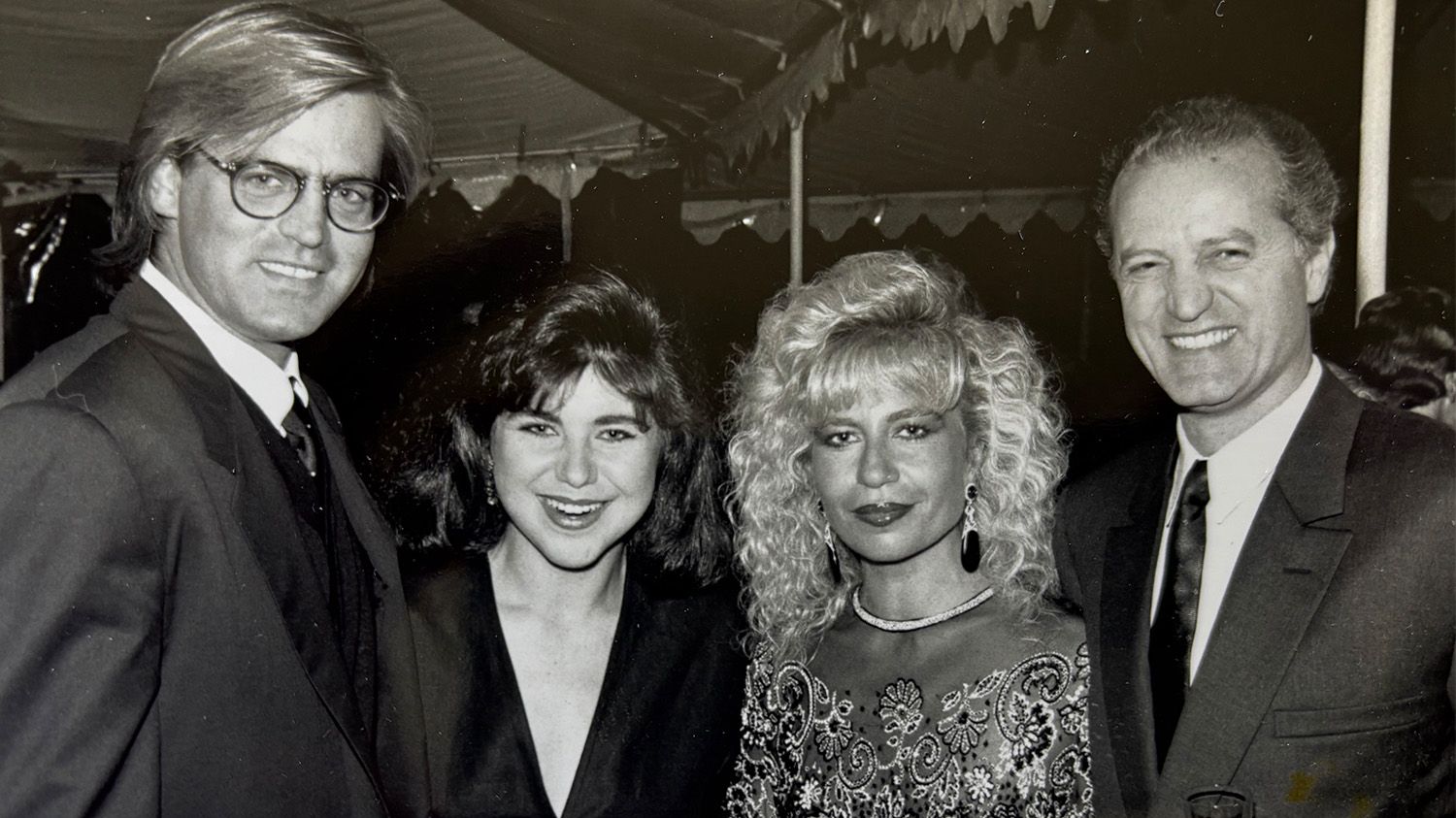Courage Is A Verb

“Courage” is a word I think about often. Maybe because it’s a word I hear several times a day in my coaching conversations.
It’s one of the unique aspects of this work - the work of creating change and transformation - that folks inevitably come to believe courage is a requirement. I certainly thought so, and held back from taking even the smallest step towards change, because I assumed that I was just not a courageous person.
I thought courage meant bravery. I thought courage meant taking some big outward action that was impactful and made the world a better place. I thought courage was a badge bestowed upon people like Rosa Parks, NASA astronauts, and Bear Grylls! It’s embarrassing to admit how far I am in both temperament and action from any of these magnificent humans. I’m practically afraid of everything - heights, speed, moths, outer space, jail, rainforests, the ocean… the list is shamefully long.
But do outward bravery and fearlessness equal courage?
It’s been years since I started my own work of transformational coaching, as well as professionally supporting others on their journey of self-growth and goal achievement. During this time, my definition of courage has completely changed. My clients are, without exception, the most courageous people I know. Every single day, they show up, and against every historical tendency, do something different, something wildly courageous.
So often, having a different conversation with your spouse of 20 years, a conversation that feels like you’re attempting to speak in another language in front of an entire audience with that native tongue can require more courage than going to the moon in a metal capsule.
Learning to say “no” to people you love, opportunities presented, and pleasures of the moment can require more courage than many other outwardly daring actions.
When a young adult client, who grew up in the age of iPhones and iPads never learned the necessary communication skills for a job interview, takes the chance to ask for a face to face interview, looks the prospective employer in the eyes, and speaks skillfully about why he is a great candidate for the job, courage is so clearly front and center that it cannot be ignored.
You see, courage is not necessarily a big outward statement of bravery. On the contrary, it is usually a quiet whisper in a deeply personal moment - one that can go unnoticed if we’re not paying attention. It is a dynamic relationship between one’s deepest fears and life’s ever-changing circumstances. Courage is not a noun - a thing, an act, or an outcome. Courage is a verb. It is the constant and sometimes exhausting commitment to the cultivation of an intimate relationship with the unknown - a kind of friendship with things that are hiding in the blind corners of our lives. Courage is not a personality trait or characteristic we are born with. It’s a practice that requires us to keep showing up, knowing that we just don’t know, but still letting curiosity, imagination, and possibility light the seemingly dark road ahead.
So often, showing up as our most honest and authentic self is the only act of courage necessary to live a life that is more peaceful, meaningful, and serene. As Winston Churchill said, “Fear is a reaction. Courage is a decision.” In order to make the decision that has us leaning into courage rather than fear, we require a more robust toolbox - one that allows us to have a higher level of confidence in our ability to face the unknown. Fortunately, the size and power of our toolbox is entirely up to each one of us to decide and create.
P.S. I’m committed to sharing my Life Coaching skills and tools out into the world, in the hope that it can help others. If this blog resonates with you, please consider forwarding it to anyone who may benefit from it. If this was forwarded to you, subscribe here.
Follow me on social: Instagram | Facebook | LinkedIn







